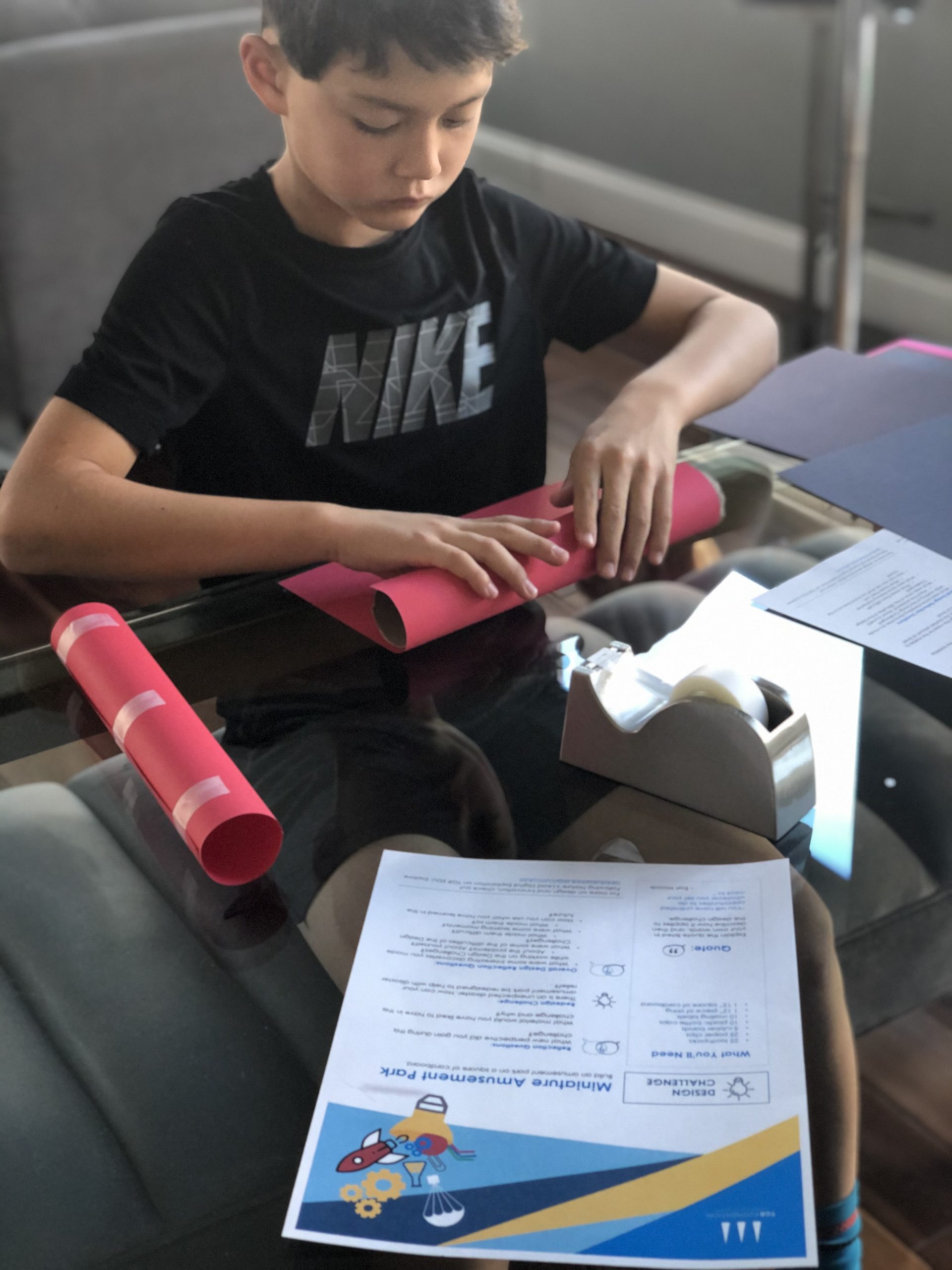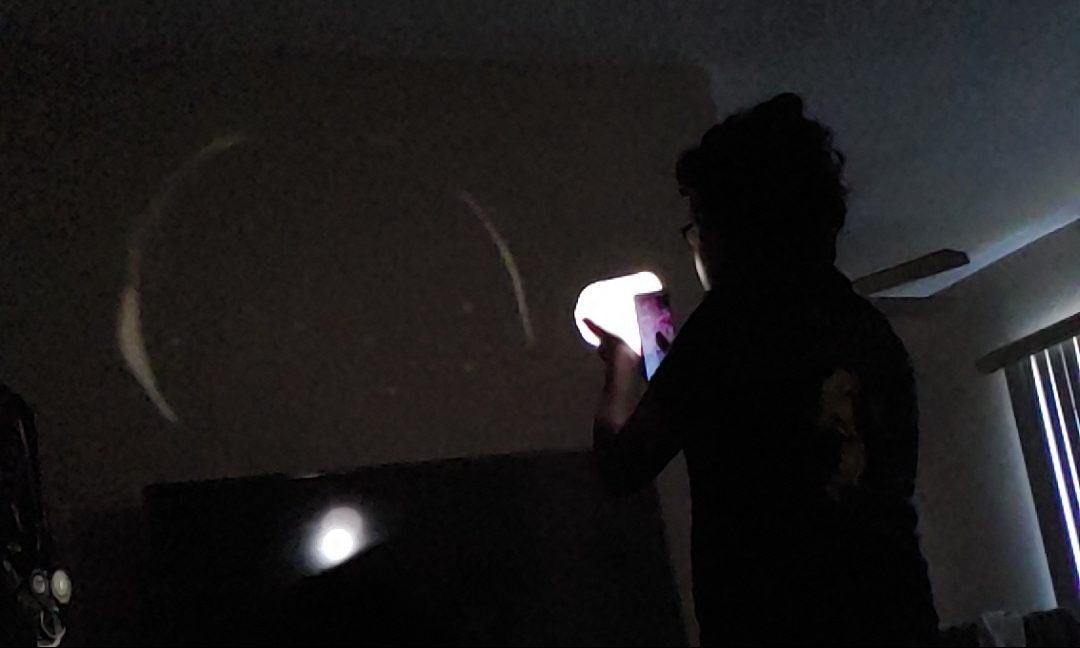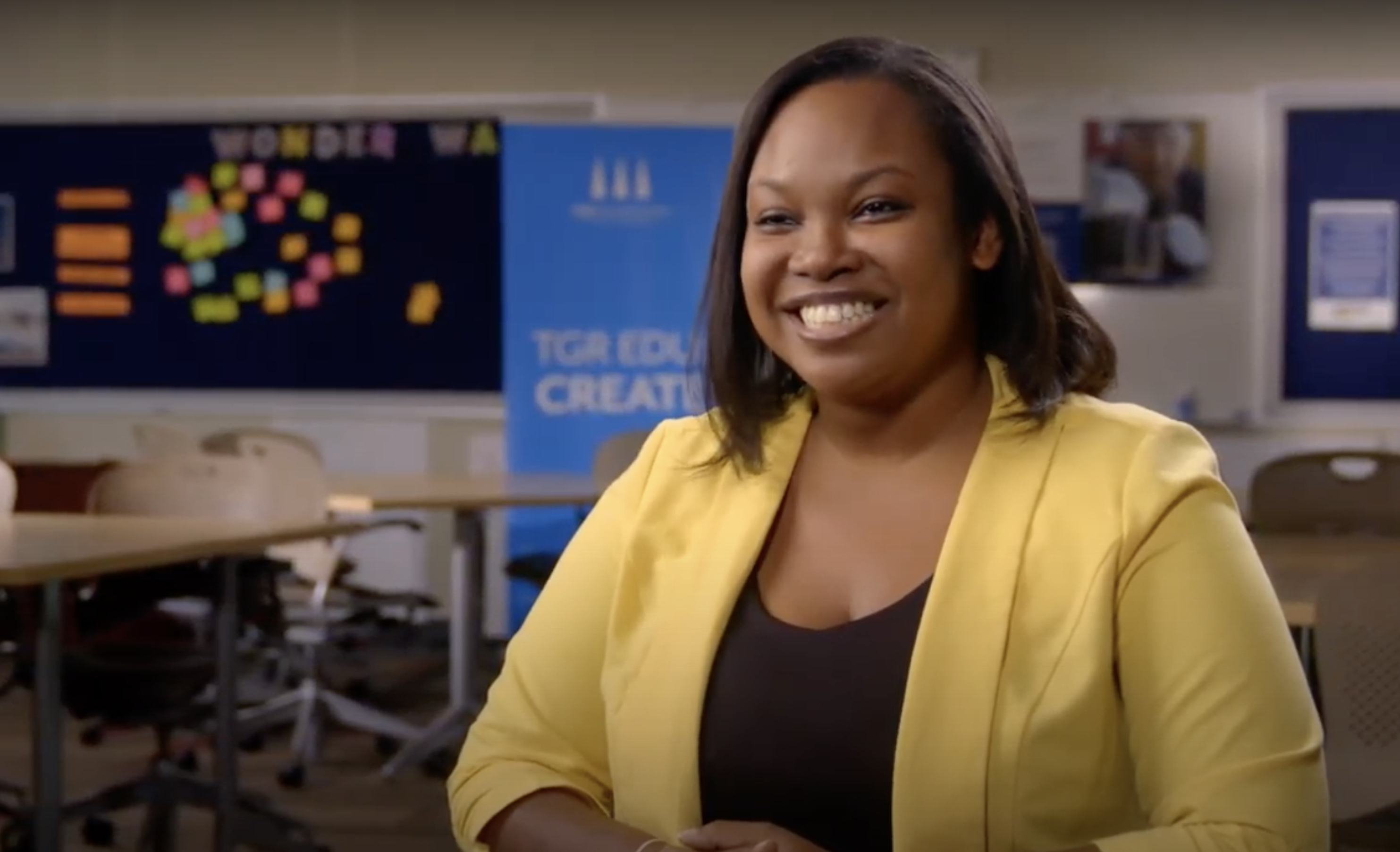TGR Foundation expands programs, impact during pandemic
As the nation transitioned to social distancing and remote living in response to COVID-19, student learning was an important concern. Using nearly 25 years of experience, TGR Foundation responded quickly and continued serving our community of students, educators and families.
As we reflect on our virtual spring and summer programs over the last five months, and head into a new academic year, we’re proud of what we have achieved and motivated to continue our efforts to empower youth through education.
“One of the key success factors for us has been the shared expertise and guidance from our internal team as we made the shift to online programming,” said Dr. Katherine Bihr, Vice President of Programs and Education. “Our professional learning and digital teams spent hours designing a training model for the instructional team to develop and navigate an online program that is engaging and interactive for our participants. It has truly been a team effort.”
With a primary focus on engaging and supporting underserved students while providing exposure and access to STEM disciplines and careers, accessibility challenges were addressed early on. With considerations for cost, technology, internet connections and language barriers, the team began developing a host of education series eliminating such concerns including Family Design Challenges, STEM Unplugged video tutorials and more.

Since the pandemic, TGR Foundation has developed more than 100 education resources for students of all ages, traditional classroom teachers, modern educators and parents facilitating instruction in response to school closures.
In addition to the new content and resources developed, launched and distributed, employees also worked to continue planned programming in a virtual format for the first time and welcomed students from seven new states. Although the experience was different the quality was not lost.
One high school student, Nathan Zet, who has participated in programs at the flagship TGR Learning Lab since fifth grade took every class offered during the summer and described them as immersive, interactive and fun.
“Whether in person or virtual, the classes are very hands-on and fun,” he said. “The classes made me feel like I was at the Learning Lab.”

The Earl Woods Scholar Program and college-access team also conducted their traditional programs, including College Bound Academy, Pre-College Retreat and several workshops, online.
“I had a wonderful time, and I actually looked forward to the sessions during the week,” said Tanis Priddle, who participated in one of three virtual College Bound Academy sessions from North Carolina. “The instructors did an excellent job adapting to the new virtual environment and made access to materials and content super easy. I also made some friends across the country.”
Sharing strategies, resources and collaboration opportunities to help educators around the world transform their teaching strategies to better engage students and prepare them for careers of tomorrow has been at the heart of our educator development programs, TGR EDU: Create and TGR EDU: Global, since inception. Prior to the pandemic the team had trained more than 5,000 educators across the U.S. and 35 countries. Through three week-long summer sessions, approximately 144 domestic and 159 international educators completed virtual STEM Studio workshops. TGR EDU: Create and TGR EDU: Global will continue to provide ongoing support through virtual workshops for new and returning educators this fall and beyond.
In addition to the success of our virtual summer STEM Studio sessions, we also relaunched TGR EDU: Exploreand debuted the first module of a free six-part e-learning series for educators, a project that had been in development through our Discovery Education partnership prior to the pandemic. Titled (RE)Defining STEM, the module shows how STEM education isn’t limited to science, technology, engineering and math through a case study that revealed an English teacher’s newfound identity as a STEM educator.

“The ever-changing global workforce and the reliance on STEM skills requires a complete mindset shift in how we educate our students,” said Eric Moore, Director of Digital Programs. “These modules will provide educators the tools to do just that – to ensure that all students are equipped to succeed.”
For more information on upcoming programs, events and ways to support our mission visit TGRFoundation.org.
Redefining what it means to be a champion.


